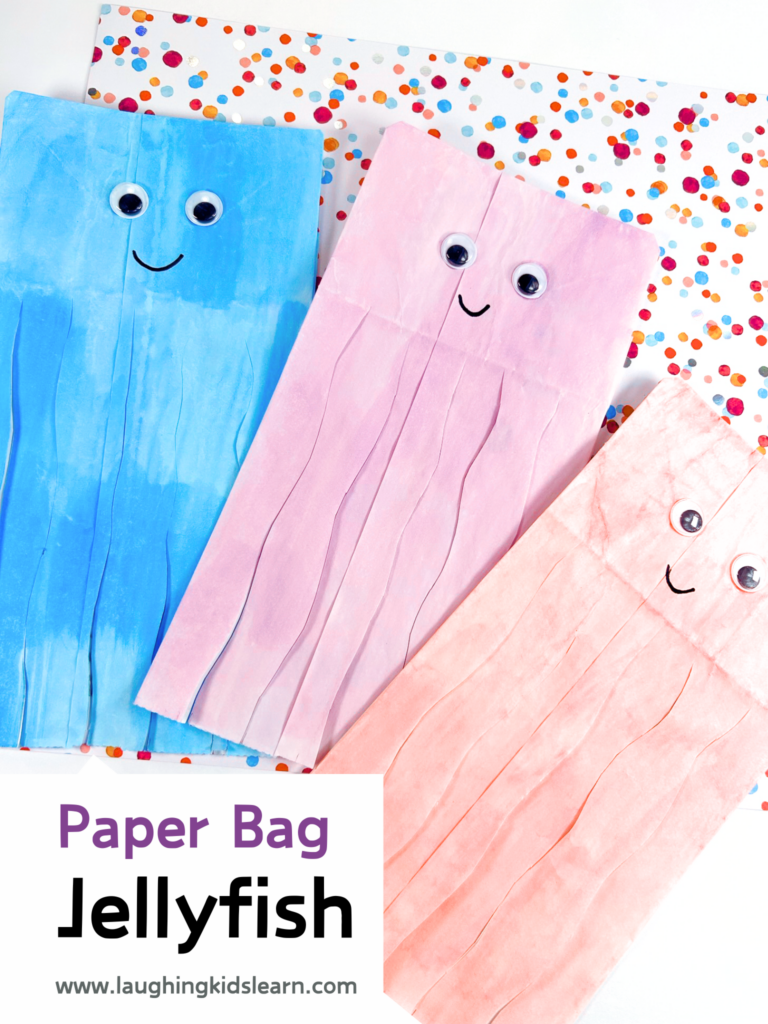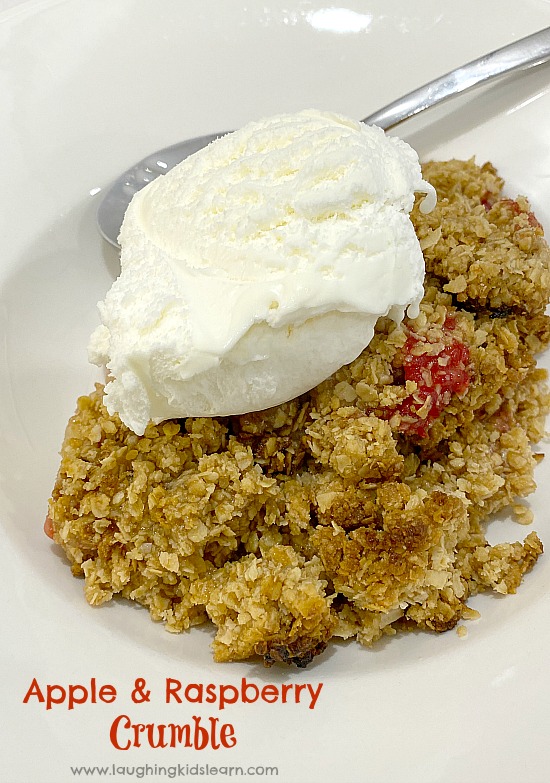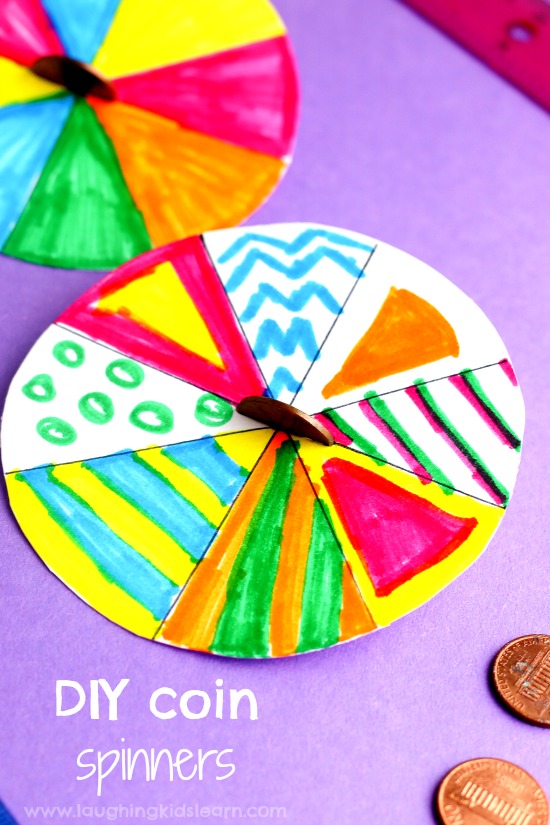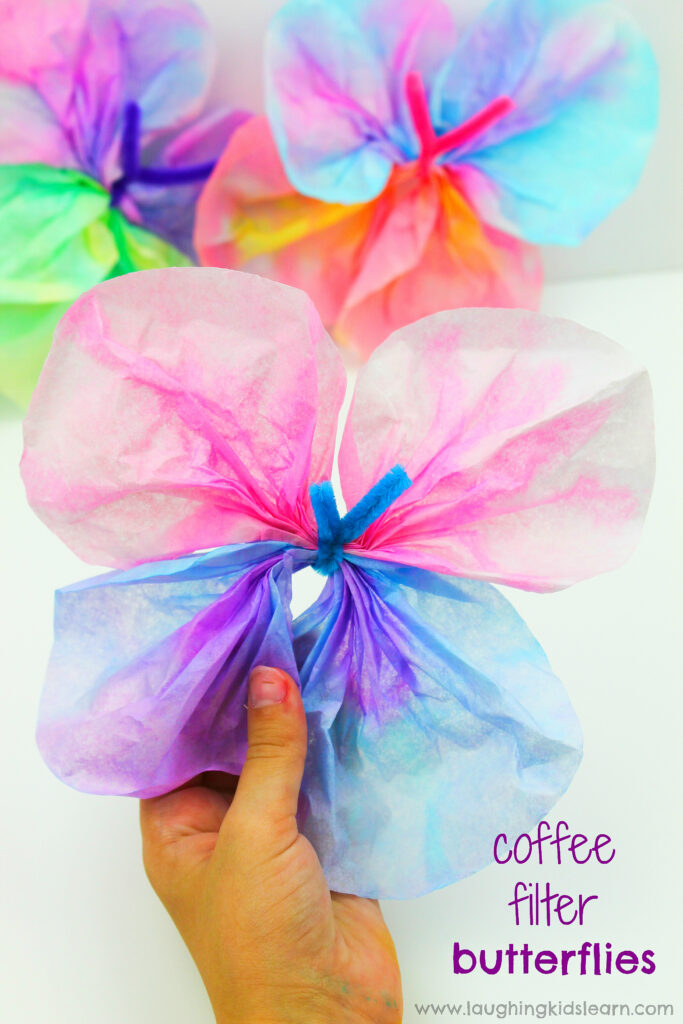Teaching children to be responsible with money can be challenging, especially when they so often see us wave our cards to make any purchase. Actual physical money doesn�t ever look to exchange hands. In this blog post I thought...
Teaching children to be responsible with money can be challenging, especially when they so often see us wave our cards to make any purchase. Actual physical money doesn�t ever look to exchange hands. In this blog post I thought I�d share with you how I teach my own children about money. It�s a simple approach that allows you to teach children about money with jars and cute and easy to understand labels.
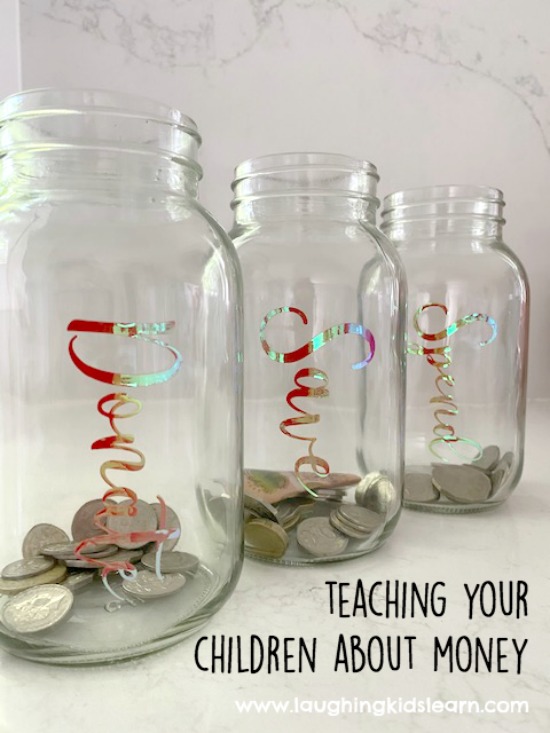
Sponsored by : Cricut Australia and New Zealand.
Please note that this project is in collaboration with Cricut Australia and New Zealand and I was gifted a Cricut Maker and accessories.
Learning to be responsible with money and make financially sound decisions is an important life skill and something that should be taught from a very young age. That�s probably why I have a number of great numeracy blog posts available to you.
Despite the secrecy that often surrounds the discussion of money, however, children are often quite fascinated by it and happily engage in learning more about it. It begs the question, should we do more to teach money to children in school and at home? Feel free to share your thoughts in the comment section below.
Talking to your children about money
As mentioned, money can often be a taboo topic in and out of the home, which is unhelpful when it�s such a big part of our lives. The good news is that to teach your child about money, you don�t need to be an expert to help them learn more about it and develop skills in how it can be managed.
Whilst I�m not a financial expert, my advice to any parent when talking to their children about money is to keep it simple, age appropriate and hands on and when you�re out with your child and using money, take the opportunity to talk about money and your thoughts about your spending.
Where does money come from?
This is a great question to discussion point to have with children. Parents might investigate through the Internet where money is printed and how people come to own it themselves.
Wants vs Needs
Often our purchases fall into two categories, needs and wants. Discuss with children this concept as it helps them understand money value and how it relates to daily purchase. How will a purchase impact us?
Engaging in money
How you engage your children in money is completely dependent on your own family and your circumstances and values.
Often parents will use money as a reward, such as giving weekly pocket money for completing jobs. This can be a great way to teach children about earning money in exchange for extra or difficult tasks.
Personally, along with our regular conversations about money, our family choose to give small amounts of money each week and have our children choices on how it will be used.
We don�t base it on what jobs or chores they complete. Chores are done because it�s part of being a family and working together. You can learn more from the Barefoot Investor philosophy in this article here � How Not to Raise a Brat.
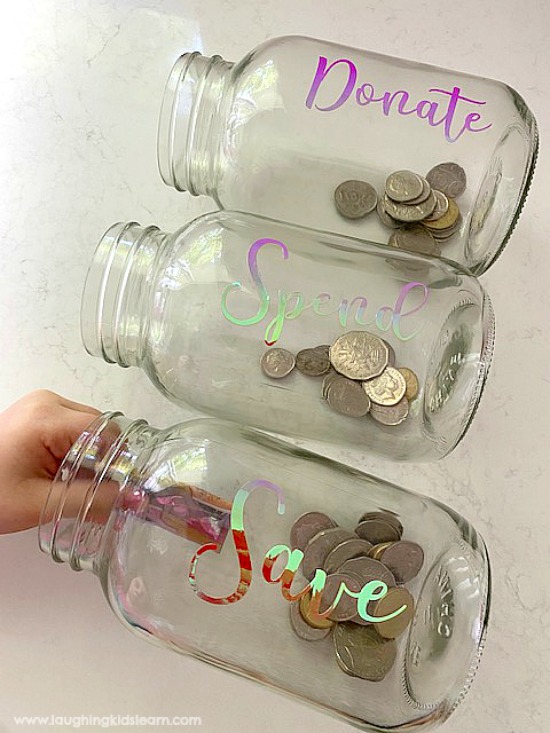
Teaching children about money using jars
Using the approach inspired by the Barefoot Investor, Scott Pape, you simply need to get yourself three jars that are labels spend, save and donate. It�s a simple concept that works well and children grasp very easily.
Quite simply the process works by children earning an agreed upon monetary amount each week and deciding how that money should be split across the three jars.
Here is a break down of the jars and how your child can use them �
Spend � money can be used for any purchase and immediately Save � goal amount is set and that needs to be saved until a goal amount is achieved Donate � money to be given to a chosen charity of their choiceAs our own take on this approach, my oldest daughter, aged 8 years has an additional jar �
Invest � money that will accumulate interest over timeI chose to include an investment jar as I felt the concept wasn�t beyond the understanding of my 9 year old. My rule is that an additional 5% will be added to the jars total after three months. This encourages children to get comfortable with holding onto money over a longer period of time and potentially getting a monetary reward for it.
Lets talk about money with our children
There does need to be some clear instructions when implementing this strategy with your children as you quickly come to learn how well (or not well) your child begins with managing their money. You also quickly learn how well your child looks for the loop holes in the system, so it�s best to be prepared.
Pocket money
What is a realistic amount of pocket money should you give your child? This answer is different for everyone, but don�t feel tempted to make them a millionaire overnight! It�s about teaching your child the rewards of being patience and the satisfaction of being rewarded for that. Some families look to give a dollar per age of the child (eg. aged 5 so you give $5), however, that didn�t fit our family funds and so we decided to go with $2 per week. Consider what amount they�ll earn over a year, assuming they completely all set tasks. That will help you decide what best suits your family and budget.
Chores
Consider what tasks or chores you�d like your child to do throughout the week in order to be awarded their pocket money. As recommended by the Barefoot Investor, don�t reward children for the simple chores.
This is a great article that relates to rewarding chores � https://www.barefootinvestor.com/articles/how-not-to-raise-a-spoilt-brat
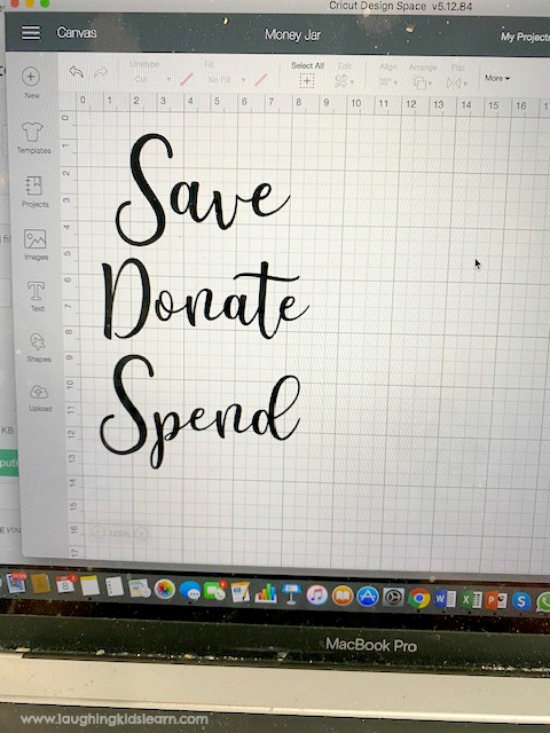
How to make money jar labels using Cricut Maker
I love gorgeous labels on things and the Cricut has certainly allowed me to do that. To make these labels for your jars using a Cricut Maker, you will need �
Cricut Maker (or similar Cricut cutting machine) Cricut Grip Mat Cricut Design Space (free account) Cricut holographic vinyl Cricut scraper Transfer tape rulerBegin by designing your labels in your Cricut Design Space
� save, spend, donate etc.
I purchased this New York Design Studio font from Etsy.
Follow the instructions and set your Cricut Maker to cut out the lettering.
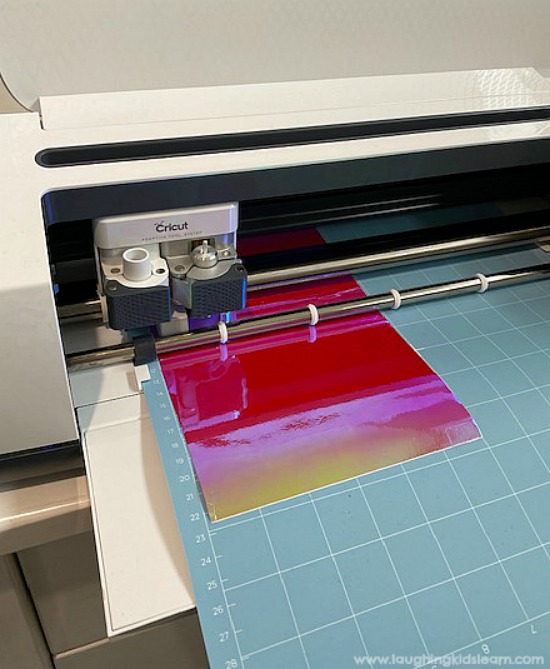
Why I love my Cricut Maker
I�ve become quite obsessed with my Cricut Maker, if I�m honest. It�s ideal for those projects that call for you to cut paper, vinyl, faux leather, felt, basswood and more. The possibilities are endless.
Cutting engraving, debossing and many other decorative effects is possible.
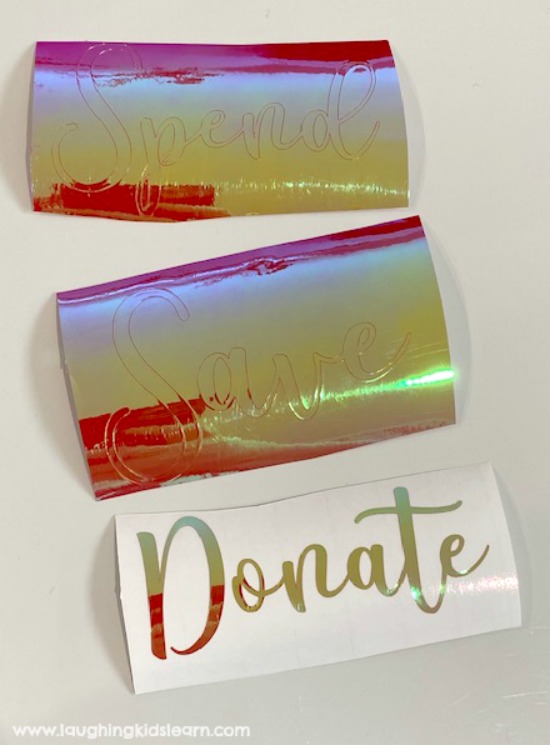
Once your Cricut Maker has finished doing it�s thing, you can weed out the background space using a weeding tool. �
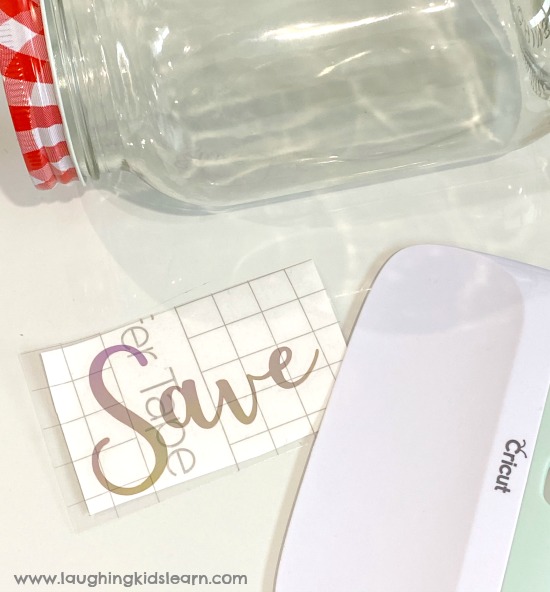
Cut some transfer tape and place it over your text label.
Use a Cricut scraper or similar to ensure the text label sticks to the tape.
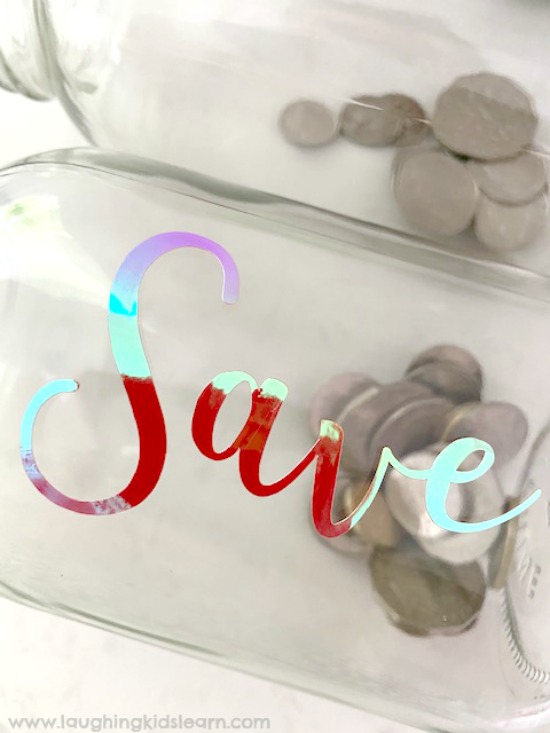
Transfer the text label to the jar and scrap over it to ensure a good seal.
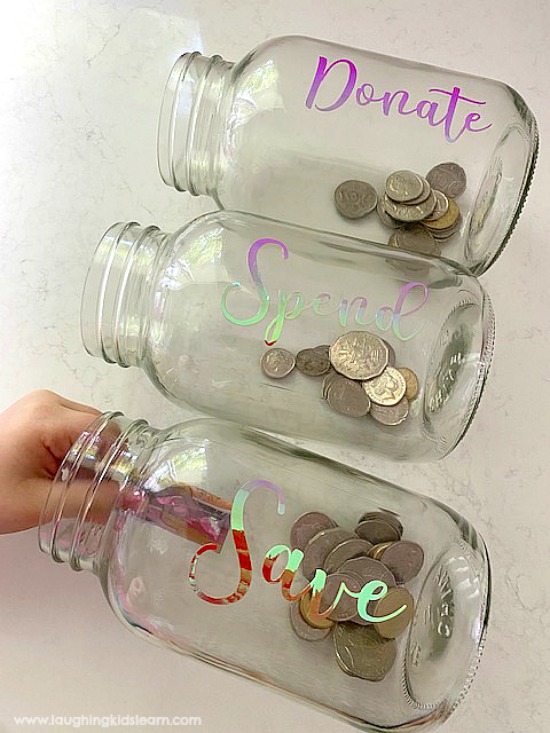
Once you�ve got all your jars ready, you can begin teaching your child how they can use them.
Teach children about money with jars
Each time your child receive a little bit of money, they can decide how they plan to use it. Do they want to spend it now, do they want to save it for something special in the future or donate it to a charity? Maybe they see it as something they can invest, hold onto so it increases in value.
Share below how you teach your children about money.
What ideas and approaches to money do you use?
Interested in some other money related topics, please visit these great websites �
https://picklebums.com/printable-play-money/ https://www.thecrafttrain.com/20-money-crafts-and-activities-for-kids/The post Teach children about money with jars appeared first on Laughing Kids Learn.





